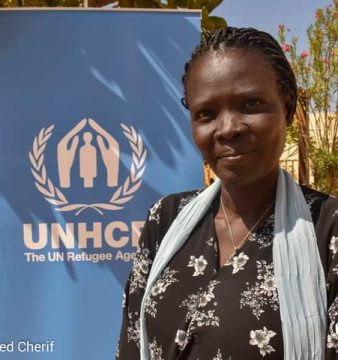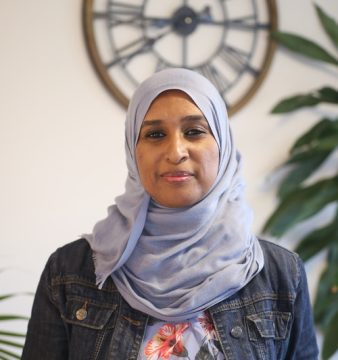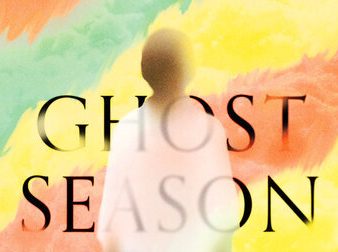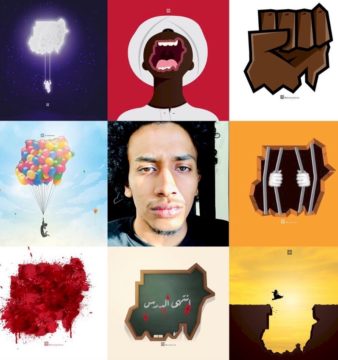Sudanese in America: The New Generation (Part II)
We published the first part of Salih’s interview here, and this is the second installment; a continuation of conversations he had with Waleed Ahmed Osman and Reem Ayman Hashim.
Mohamed Ali Salih: What is your Identity? American? Sudanese-American? American-Sudanese?
Waleed: I believe that these distinctions are a bit arbitrary.
Reem: Sudanese-American.
MAS: A high school student whose parents came from Pakistan recently told The Washington Post: “I live in two worlds: inside and outside our home”. Do you relate?
Waleed: The dichotomous lifestyle that many Muslim Americans live is pervasive.
Reem: I don’t feel this way. To some extent, everyone has to behave slightly differently when interacting with the outside world versus with people inside their homes. However, I don’t think this is particular to Sudanese American heritage or identity. But maybe this is due to the way my parents raised me. They raised me with a great amount of liberty and independence, so whether I am inside or outside my home, I hold the same standards and beliefs.
MAS: She also said: “my parents very much don’t like ‘infidel’ Americans, though they live among them”. What do you think?
Waleed: I think if you want to be successful in America, this mentality has no place in the psyche of the ambitious American Muslim.
Reem: I cannot identify with this at all, because my parents know that this is the life they chose (to be amongst Americans), and they do not believe or claim anyone as an infidel. Furthermore, “Americanness” does not encompass infidelity; thinking otherwise is very ignorant.
MAS: Are there differences between young Sudanese who were born in Sudan and those who were born in US?
Waleed: There is undoubtedly a difference. Those who grew up overseas tend to come to America with more traditional values. They tend to have a higher degree of respect and appreciation for family life.
Reem: Well that depends on the age upon which the person born in Sudan came to this country. Personally, since I came here very young I don’t feel a difference between my siblings or my friends who were born here. However, individuals who come to the US as teenagers, for instance, could have different cultural identities.
MAS: A Sudanese college student who was born in Sudan complained, in a recent gathering, that her Sudanese parents “live in America, but are not Americanized enough. They will die like that. Like dinosaurs”. What are your thoughts?
Waleed: I feel that America can accommodate for many different personality types and world views. It is not essential to assimilate to a narrow perception of what it means to be American. America is the melting pot of ideas and cultures. There is room for a unique Sudanese-American identity.
Reem: I don’t think the term “Americanized” is even a valid term; there is no way to define it. Anyway, I am perfectly content with how my parents are as immigrants, and as US citizens.
MAS: She claimed that Arabic is the core of the Sudanese culture, and since her Arabic is not good, she doesn’t feel Sudanese?
Waleed: Clearly she is not well informed about her culture or country. Arabic and Islam are a large part of what it means to be Sudanese, but they do not encompass the Sudanese identity in its entirety.
Reem: Many of my friends make this claim. I personally cannot speak for people like this, nor do I know how they feel, because I’m fluent in Arabic just as well as English. However, I’m not sure if this attributes anything to my Sudanese “culturalism” or sense of nationality.
To be continued…..





